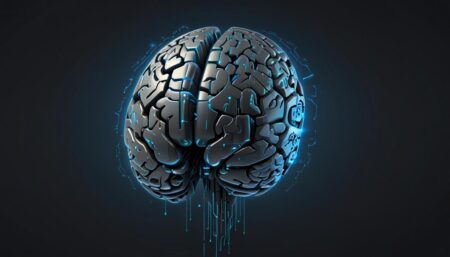The launch of Open AI’s ChatGPT has sparked worries among educators about the effect of AI on liberal arts education, which focuses on critical thinking and writing skills. Despite the concerns, banning AI is not practical, so it is vital to consider how tools like GPT-4 will shape students’ intellectual development.
In November 2022, Open AI launched ChatGPT, a large language model (LLM) designed to assist with research, summarization, and writing tasks. This has raised concerns among educators about its impact on liberal arts education, which traditionally focuses on developing critical thinking and writing skills. Integral skills like evaluating sources and fostering deep reading may be affected by reliance on AI technologies.
Despite these concerns, banning LLMs is not practical. Common tools like Grammarly, Google’s “help me write,” and features in Microsoft Word already incorporate AI elements. Therefore, it is imperative to thoughtfully consider how tools like GPT-4 will influence the intellectual growth of students.
Research indicates that reading print materials enhances comprehension and memory more effectively than digital screens. Nonetheless, there has been a marked shift towards digital learning aids, evidenced by the increasing presence of iPads and smartphones in classrooms, even though such devices may hinder learning.
Real-world intellectual and creative professions still require critical thinking, evidence evaluation, and clear communication—skills that machines cannot fully replicate. Programs like Purdue University’s Cornerstone integrated liberal arts curriculum aim to cultivate these capabilities in students. However, reliance on AI for academic work, such as using GPT-4 to summarize texts or write essays, undermines the development of these essential skills.
Additionally, understanding nuance and ambiguity is crucial for informed citizenship. Over-reliance on AI can lead to a homogenization of thought and increased susceptibility to misinformation. Therefore, while AI has its place, it is crucial to continue emphasizing traditional educational practices that encourage independent thinking and creativity.
Melinda S. Zook, Director of the Cornerstone program at Purdue University, advocates for balancing the use of AI with conventional methods to ensure students learn to think critically and maintain their individuality. She emphasizes that while AI tools can be useful, they should not replace foundational educational processes.










